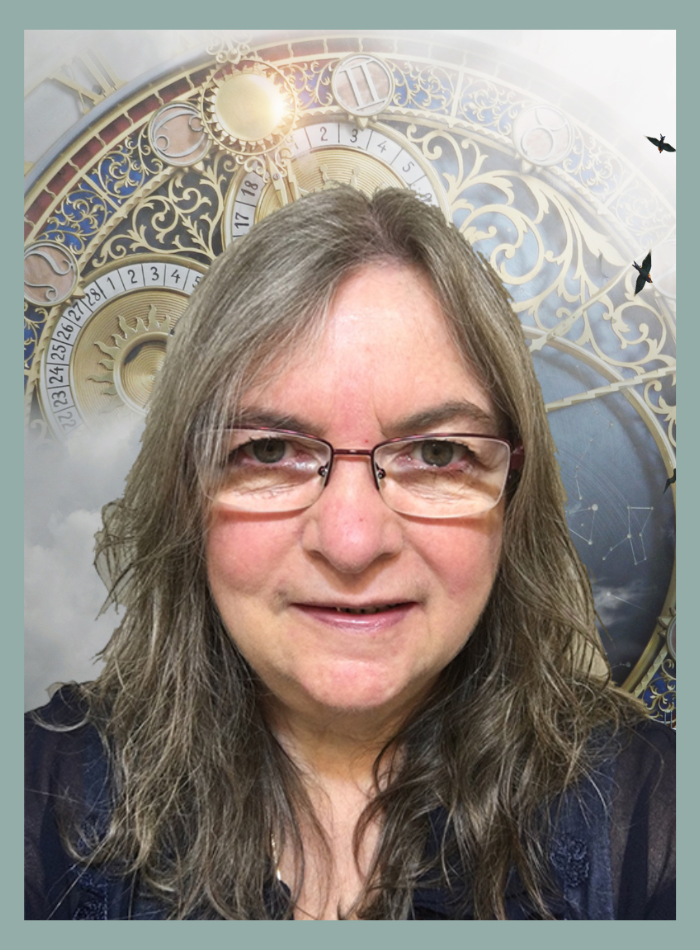Have you ever told a story about your past, only to realize later that the details you remembered were not entirely accurate? Or listened to someone else talking about an event you also experienced, and realizing that what they’re sharing is very different from what you remember experiencing?
Or have you ever caught yourself daydreaming about your future, only to realize that your imagined scenario was based on assumptions that are unrelated to who you think you are, and feel like they belong to someone else?
We humans are unreliable narrators of our own lives, and this can have a significant impact on the stories we tell ourselves and others about both our past and our future.
The stories we tell ourselves about our past are not objective retellings of events, but rather, they are subjective interpretations of those events. When we remember a past event, we don’t retrieve an exact replica of what happened, but rather, we reconstruct it based on our current knowledge, beliefs, and expectations. This means that our memories are influenced by our emotions, biases, and the passage of time.
And every time we go back into that memory, that memory changes based on our current emotions and biases, making that memory even more unreliable.
You might also unintentionally fill in gaps in your memory with details that never actually happened, basically rewriting bits of your past.
This malleability of memory can impact the stories we tell ourselves and others about our past. If we have a negative self-image, for example, we may interpret events from our past in a way that reinforces that self-image. We may focus on negative events and downplay positive ones, leading to a distorted view of our past.
Similarly, the stories we tell ourselves about our future are not objective predictions of what will happen, but rather, they are subjective interpretations of what could happen. So when we imagine the future, we draw on our memories to construct mental simulations of what might happen.
However, if our memories are inaccurate or incomplete, our mental simulations will be flawed as well.
So why are we such unreliable narrators of our own lives?
There are several factors at play. First, our brains are not designed to record every detail of every experience we have. Instead, we tend to focus on the most salient aspects of an event and fill in the rest with assumptions and generalizations.
Second, our memories are influenced by our emotions. When we experience strong emotions during an event, such as fear or anger, our brains prioritize the emotional information over other details. This means that our memories of emotional events and our reactions to those emotional events may be particularly susceptible to distortion.
Finally, our memories are impacted by the passage of time. The longer ago an event occurred, the more likely it is that our memory of it has been altered or forgotten.
So what can we do about our unreliable narration of our own lives?
One approach is to become intentional, to craft our future based on who we want to be, and not on who we think we were. As the saying goes “If you always do what you’ve always done, you will always get what you’ve always gotten.” If we continue to create our future on the constructed memories and identity of who we were, we will continue to live as we always have – living our default future.
If our default future is no longer the future we want, we can intentionally begin creating a different future. A future self that is more in alignment with who we want to be, our aspirational future, than it is with who we think we’re supposed to be, our default future.
So, if your past is an unreliable predictor of your future, then what future do you want to have? What identity do you want to create for yourself? What will your aspirational future be like?
Action Task: If you could change your identity right now, to one that is connected to your future self and not so much to your past self, what identity would you create for yourself.
Let your mind wander. Let yourself daydream about what your future could be like. When you daydream about what your future could be like, follow the thoughts and images that excite and energize you. These thoughts and images are your intuition telling you that you’re on the right path for your aspirational future.
Remind yourself that any resistance that pops up, any doubts or fears or uncertainties that follow the thoughts that energize and excite you, are from your past self wanting to keep you safely stuck in your default future.
Whether you choose to create your aspirational future, or your default future is up to you. It’s your future. It’s your choice.


